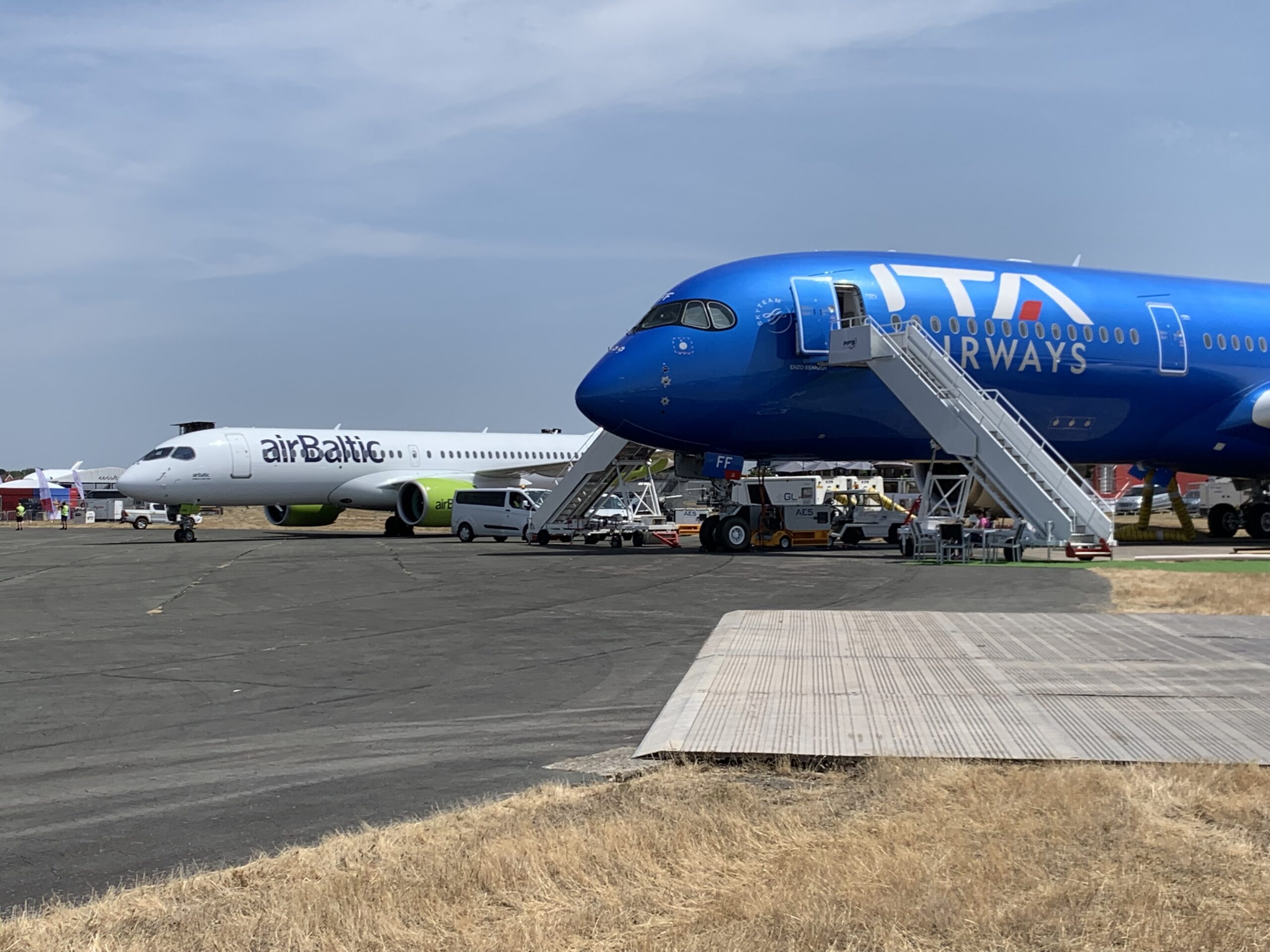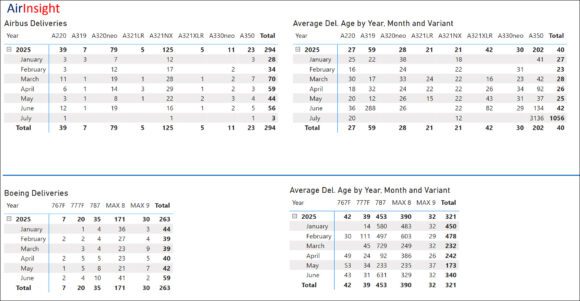
IMG 2979 scaled
Airbus and seven airlines have signed letters of intent to discuss buying carbon capture credits to offset emissions from air travel. The airlines include Air Canada, AirFrance-KLM, easyJet, International Airlines Group (IAG), LATAM Airlines, Lufthansa Group, and Virgin Atlantic. The companies are committed to engage in “negotiations on the possible pre-purchase of verified and durable carbon removal credits starting in 2025.”
The aviation industry has aligned to a common goal of net zero emissions by 2050. To accomplish that goal, the industry will need solutions within and outside of the segment to make this happen. While there are a number of actions that can be taken, including replacement of the existing fleet with more efficient operations, the use of hydrogen, and the use of Sustainable Aviation Fuel, there is no silver bullet to achieve that goal. 2050 is less than 28 years away, and this announcement is about taking action to provide an additional solution in addition to those already identified.
What is direct air carbon capture? Direct air carbon capture is, in its simplest terms, taking in dirty air and cleaning the carbon from it. That carbon can be safely stored underground and used potentially as feedstock for materials and energy production. While the idea appears simple, the processes involved will be technologically challenging.
Airbus has partnered with 1PointFive, a subsidiary of Occidental Petroleum for providing direct air carbon capture. The company is currently building a direct air carbon capture and storage facility in Texas to remove up to 1 million tons of CO2 from the atmosphere. Construction will start in late 2022 and the plant should be up and running in 2024. Airbus’s partnership with 1PointFive includes pre-purchasing 400,000 tons of carbon removal credits over a four-year period, as it plans to offset its manufacturing carbon usage to be fully carbon neutral by 2035. United Airlines has previously partnered with 1PointFive in 2020 on a project to build an industrial-sized direct air capture plant.
The airlines that have joined Airbus will jointly negotiate with 1PointFive to provide carbon credits to offset the remaining aviation emissions as the industry moves towards its zero emissions goal by 2050.
Removing permanent residual emissions
Airlines can accelerate the replacement of existing aircraft, utilize more efficient flight and ground operations, and move to hydrogen power, and the use of SAF, but there will still be residual emissions to curtail. The industry needs to remove permanently those residual emissions and direct air carbon capture technology is another arrow in the quiver for the industry to achieve its goal through carbon credits.
Steve Kelly, head of 1PointFive, explained the technology that, similar to scrubbers that eliminate pollutants from chimneys, can bring in air, process it to remove carbon dioxide and return cleaner air to the atmosphere. The captured carbon can be stored and used as feedstock for fuels or materials and kept from the atmosphere to aid in the fight against climate change.
The question now is whether the technology will work. The technology currently is quite expensive, hundreds of dollars per ton of CO2, and several previous carbon capture and storage efforts have failed.
“We are extremely excited to be one of a handful of companies using this technology,” said Kelly. He wants to bring the benefits to potential customers and provide another solution to the portfolio of options to achieve net zero by 2050. From aircraft replacement to hydrogen to SAF, and now Direct Air Carbon Capture, there will be multiple elements that can work together to achieve that goal.
Views: 8





